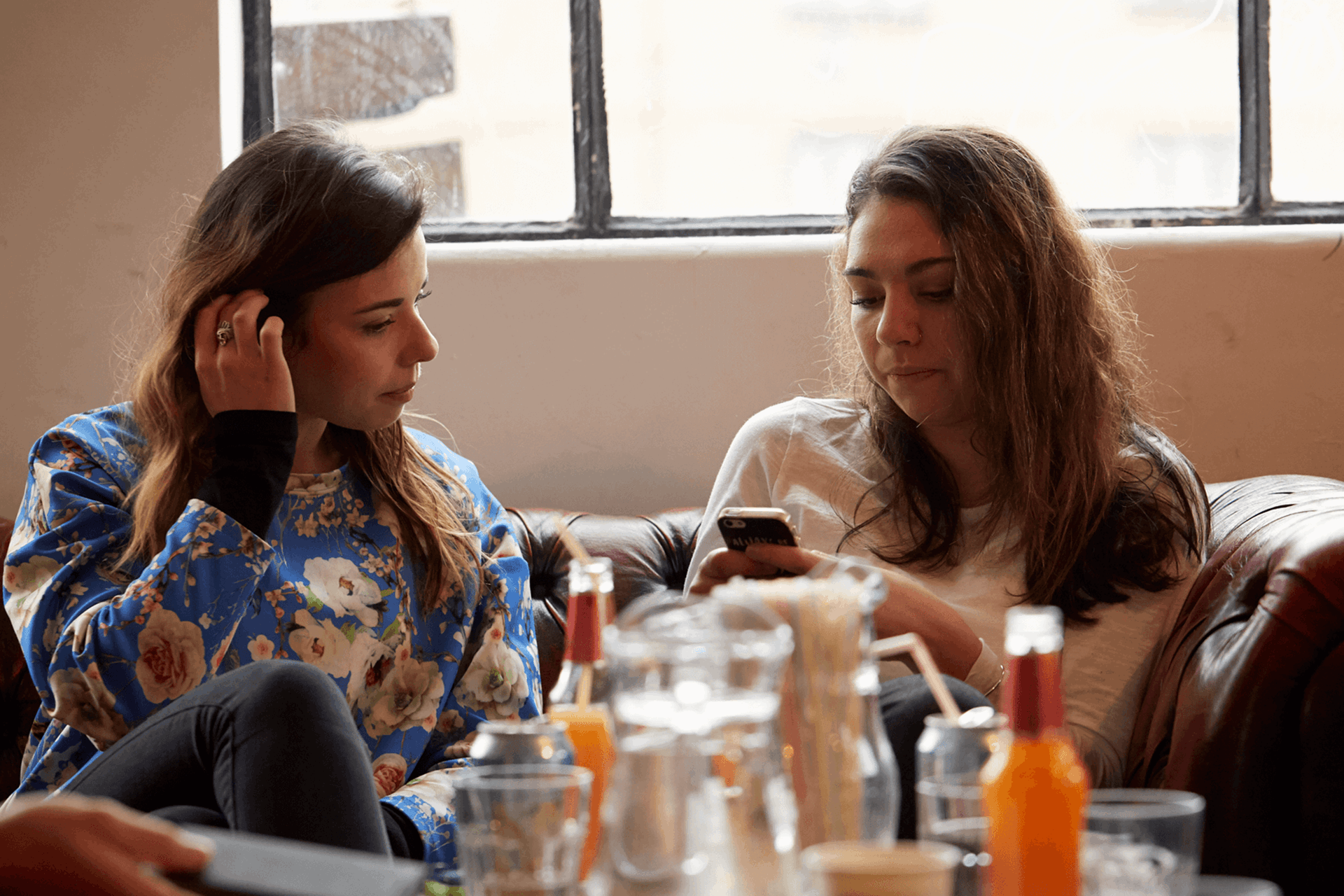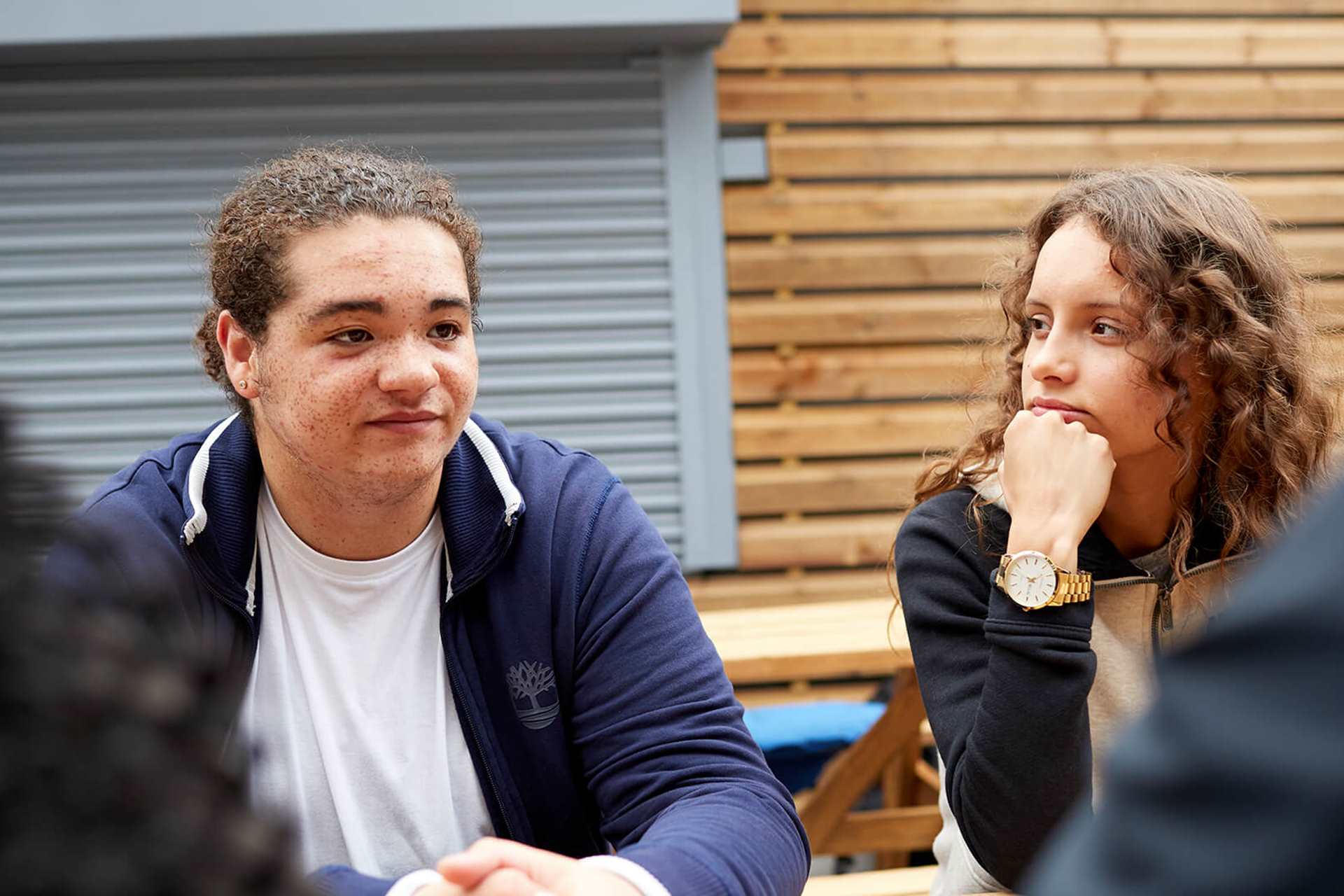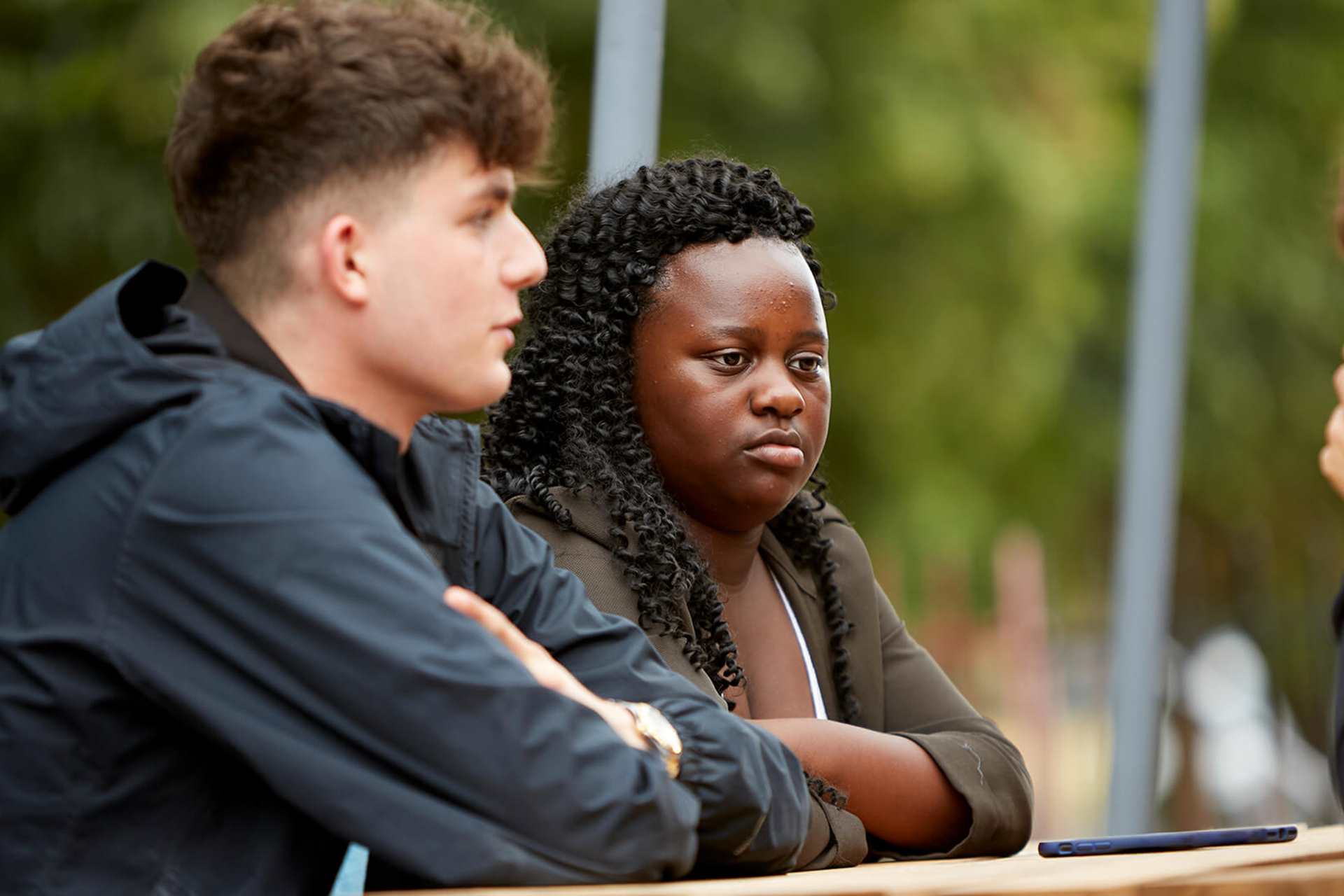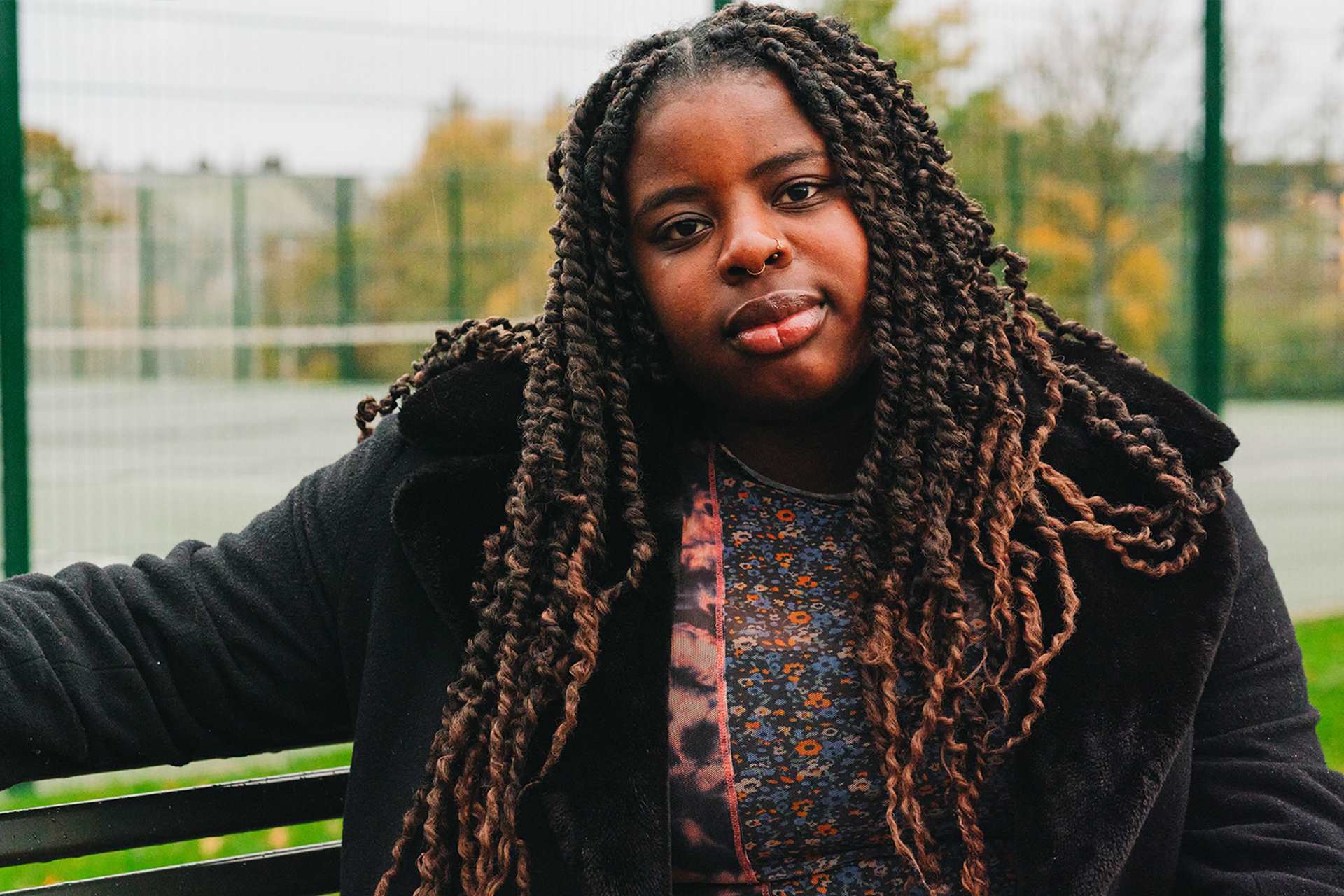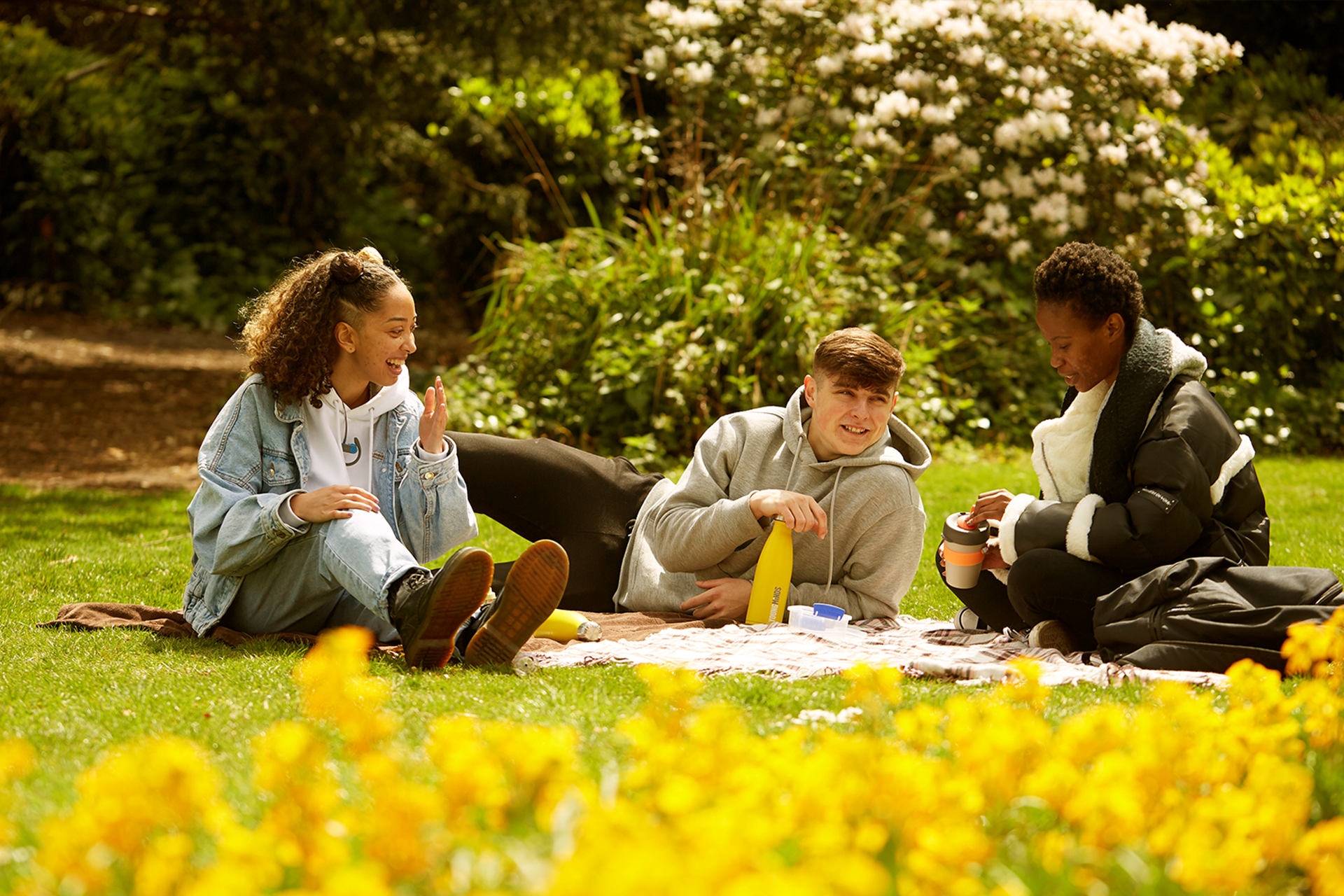Topics mentioned: counselling and therapy, self-care
About: There are lots of different types of counselling and therapy, which will suit different people. Elsie shares how creative therapy has helped her.
At a time when I was struggling with an eating disorder, creative therapy helped me find my voice. It was a really valuable experience for me, so I would like to share more about it.
What is creative therapy?
Creative therapy is a type of therapy that uses non-verbal expression like art or music as a means to communicate our inner world.
Finding clarity in your thoughts can often be difficult using words alone, so creative therapy can help you to communicate your inner experience and what you’re feeling in other ways. It can help an individual to access and navigate their own thoughts and feelings and discover a sense of self, which can often be lost when struggling with mental health.
Creative therapy is a type of therapy that uses non-verbal expression like art or music as a means to communicate our inner world.
What are the different types of creative therapy?
Creative therapy can take many forms. Some of the more widely practised types include:
- Art
- Drama
- Movement
- Music
An important thing to remember is that creative therapy is not about making judgements about our artistic abilities. Anyone can benefit from it, regardless of your experience or reservations.
Busting some myths about creative therapy
-
Movement therapy is not dance class with choreography and a strict routine to follow.
Far from this, movement therapy is about exploring and playing. It can help people become more aware of the different sensations in one's body, and explores the connection between this and one’s emotions.
-
You don’t need to be the next Picasso to experience the real benefits of art therapy.
Whether you end the session with a detailed masterpiece or a blank piece of paper, the value may well still the same. Both communicate something about how we are feeling, and can help us in our recovery journey.
-
You don’t have to be ‘good at drama’ to do drama therapy.
Drama therapy is a way of creatively exploring your inner world. It focuses on how your body feels and sensations you can experience in your body. There is no right or wrong, but an opportunity to access and process some of the difficult emotions we feel.
You don’t need to be the next Picasso to experience the real benefits of art therapy.
How creative therapy has helped me
When I started my journey into recovering from my eating disorder, I soon learnt that I had lost the ability to connect to my authentic self, and struggled accessing my emotions, after years of numbing and suppressing them.
Before starting different types of creative therapies, I wasn’t sure they would be for me. My critical voice told me I would not be able to engage because I am not creative, and that it would not be helpful for me. But five months later, I am so thankful for the voice that creative therapy has given me. It became an outlet where I could express my feelings in a way I didn’t know was possible.
Creative therapy has helped challenge my perfectionism and the high expectations that I put on myself, and instead has helped me to stop judging my art, or other creative expressions of my emotions.
I am so thankful for the voice that creative therapy has given me. It became an outlet where I could express my feelings in a way I didn’t know was possible.
It is important to remind yourself that you are not your mental illness, and that you deserve to recover. Part of that is learning about yourself, which creative therapy can help with.
Choosing recovery is not always easy, but it can help you manage or overcome self-doubt and pain. If you are concerned about your mental health, please reach out to someone you trust, whether it’s a family member, friend, teacher or medical professional.
More information and advice
We have tips and advice to help you find the support you need. Take a look at our guides.
Where to get help
However you're feeling, there are people who can help you if you are struggling. Here are some services that can support you.
-
Youth Access
Provides information about local counselling and advice services for young people aged 11-25.
Put in your location and what you need help with into their 'Find help' search, and see what services are available in your area.
-
Beat
Offers information and support for anybody affected by eating disorders.
One-to-one web chat available. They also run a range of online support groups, which are all fully moderated and anonymous.
Enter your postcode in the HelpFinder to see what eating disorder support is available in your area.
View their information on helpline accessibility and confidentiality.
- Opening times:
- 365 days a year - weekdays (9am - 8pm); weekends (4pm - 8pm)

